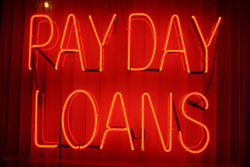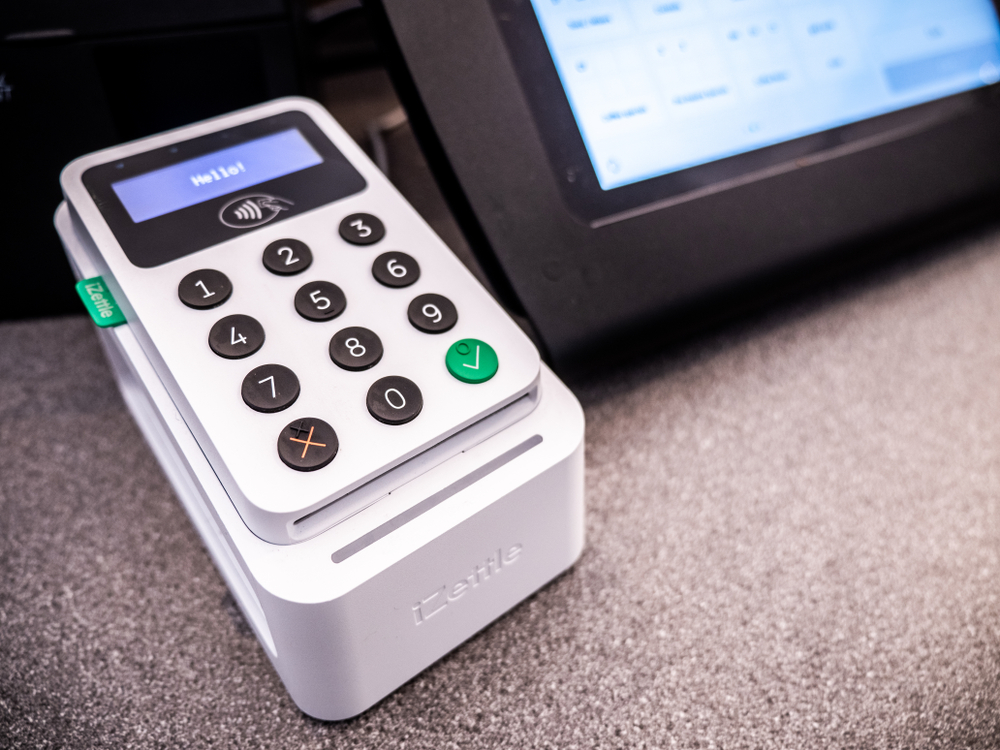Merchant Accounts For High Risk Industries
Any business that takes direct payment from customers for goods or services needs to be able to accept credit and debit cards. This entails more than just having a bank account. Card payments require a validation process so that the cardholder’s details and ability to make payment can be verified. This means that the vendor needs to have a merchant account. Essentially, this is an account which is separate from the business’ normal bank account, and it only handles transactions made via credit or debit card.
Depending on how the company sells its products or services, more than one merchant account may be necessary. A business that sells online needs a special merchant account that is equipped to only deal with online payments. A business that sells both online and in-store will therefore need two separate merchant accounts.
In order to get a merchant account you need to provide an explanation of the business and its credit history, the average transaction amounts and forecasts, plus references from suppliers. There are processing and set-up fees involved in establishing the account, and thereafter there are likely to be monthly transaction fees. For most businesses, getting a merchant account is no more complicated than this.
However, some businesses find it very difficult to be accepted for a standard merchant account. There are many different reasons for this, but most of them relate to the type of industry the business is engaged in and the extent to which that sector is perceived as being susceptible to fraud. Where there is the perception that a business may attract those who wish to manipulate the system and make fraudulent card payments, the term ‘high risk’ is applied to the company. Many of the major merchant account providers are banks, and banks are notorious for having a zero tolerance attitude towards risk.
This doesn’t mean that high risk companies are unable to open a merchant account and accept card payments; there are numerous specialist high risk merchant account providers but, as might be expected, the application process tends to be more complicated and the fees involved are higher.
What are high risk industries
There are many different kinds of business that for one reason or another are deemed high risk by merchant account providers. Any business that has a high volume of sales with multiple transactions may be high risk, particularly online, where credit card fraud is more common. Internet merchants, credit brokers, payday loans companies, adult-themed content providers, and gaming and gambling websites all face a tough time applying for a standard merchant account.
Other industries which tend to find themselves applying for high risk merchant accounts are those that charge membership or ongoing fees, as these can be disputed or cancelled. Gyms and health clubs, and magazine subscriptions fit into this category. Another common reason for an industry to be labelled high risk is where there is an extended period of time between delivery and payment. The greater the chance that something could go wrong, the more likely an industry is deemed to be risky. For this reason, tour operators and travel agencies are considered high risk.
Finally, the company’s own credit history may be enough for a high risk merchant account to be necessary. A business with a poor credit rating or a history of fraudulent dealings will automatically be dismissed by standard merchant account providers.
Getting a high risk merchant account

If you have a business that is deemed high risk and you want to open a merchant account, remember that only a high risk merchant account specialist can give the best advice. It is a good idea to make sure that your high risk merchant account provider has a history of dealing with companies in your specific industry. Find out as much as you can about what the various providers are offering, and make sure that you get plenty of quotes before making a final decision.
Categories: Advice, Merchant Accounts



